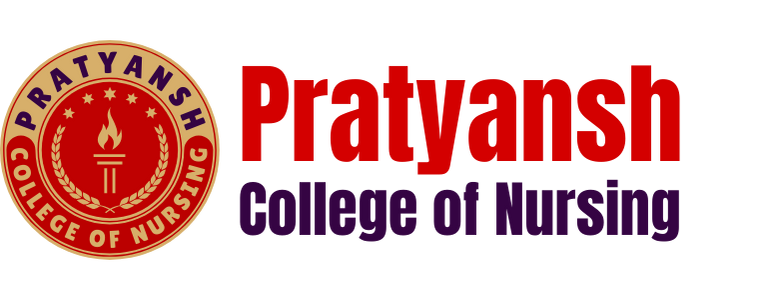
The Diploma in Medical Laboratory Technician (DMLT) program is a two-year diploma course designed to prepare students for a career in medical laboratory technician. This program equips students with the knowledge and skills needed to perform diagnostic tests and assist medical professionals in diagnosing, treating, and preventing diseases.
Through a blend of theoretical instruction and practical training, the DMLT program emphasizes laboratory techniques, equipment handling, and quality control practices. Graduates of this program play a crucial role in healthcare by ensuring the accuracy and reliability of diagnostic results.
Why Choose DMLT?
- Quick Career Entry: A shorter duration program offering direct entry into the healthcare field.
- Hands-On Training: Practical exposure to advanced diagnostic tools and techniques.
- In-Demand Skills: High demand for skilled laboratory technicians in hospitals, clinics, and diagnostic labs.
- Pathway to Advanced Studies: Opportunity to pursue higher education in medical laboratory sciences.
Program Highlights
- Duration: 2 years (4 semesters) + optional internship.
- Eligibility: Completion of 10+2 or equivalent with a science background (Physics, Chemistry, and Biology).
- Accreditation: Recognized by [relevant authority or governing body].
- Mode of Study: Full-time, combining classroom learning and laboratory practice.
Curriculum
The DMLT curriculum is designed to cover the essential aspects of medical laboratory technician. Key areas of study include:
Core Subjects
- Human Anatomy and Physiology
- Basics of Human Anatomy
- Functional Physiology
- Clinical Pathology
- Urine and Stool Analysis
- Blood Banking and Transfusion Science
- Microbiology
- Microbial Cultures
- Infection Control Practices
- Biochemistry
- Chemical Analysis of Body Fluids
- Enzymology
- Hematology
- Complete Blood Count (CBC)
- Coagulation Studies
- Histopathology and Cytology
- Tissue Sample Preparation
- Staining Techniques
Practical Training
- Hands-on experience with laboratory equipment and diagnostic techniques.
- Training in clinical settings to develop real-world skills.
- Emphasis on maintaining laboratory safety and quality standards.
Admission Process
- Application: Submit an online or offline application with required documents.
- Eligibility Verification: Ensure completion of 10+2 with Biology as a core subject.
- Selection: Based on academic qualifications and interview performance.
Career Opportunities
Graduates of the DMLT program can explore various career options, including:
- Medical Laboratory Technician: Work in diagnostic laboratories and hospitals.
- Lab Assistant: Assist senior technicians and pathologists in diagnostic procedures.
- Phlebotomist: Specialize in blood sample collection and processing.
- Quality Control Technician: Ensure accuracy and compliance in laboratory operations.
- Research Assistant: Support medical and clinical research projects.
Facilities and Resources
- Modern Labs: Fully equipped laboratories for hands-on training.
- Experienced Faculty: Learn from professionals with extensive experience in medical laboratory sciences.
- Clinical Partnerships: Collaborations with leading hospitals and diagnostic centers.
- Library Access: Comprehensive resources, including books, journals, and digital tools.
How to Apply
Begin your journey in medical laboratory technician! Visit our [admissions page/link] for detailed information about application procedures, deadlines, and eligibility requirements. For assistance, contact our admissions office at [contact details].
FAQs
Q: What are the job prospects after completing DMLT?
A: Graduates can work as medical laboratory technicians, lab assistants, or in specialized roles like phlebotomy and quality control.
Q: Are internships mandatory in the DMLT program?
A: While internships are optional, they are highly recommended to gain practical exposure.
Q: Can I pursue higher studies after DMLT?
A: Yes, you can enroll in advanced diploma programs or degree courses like BMLT.
